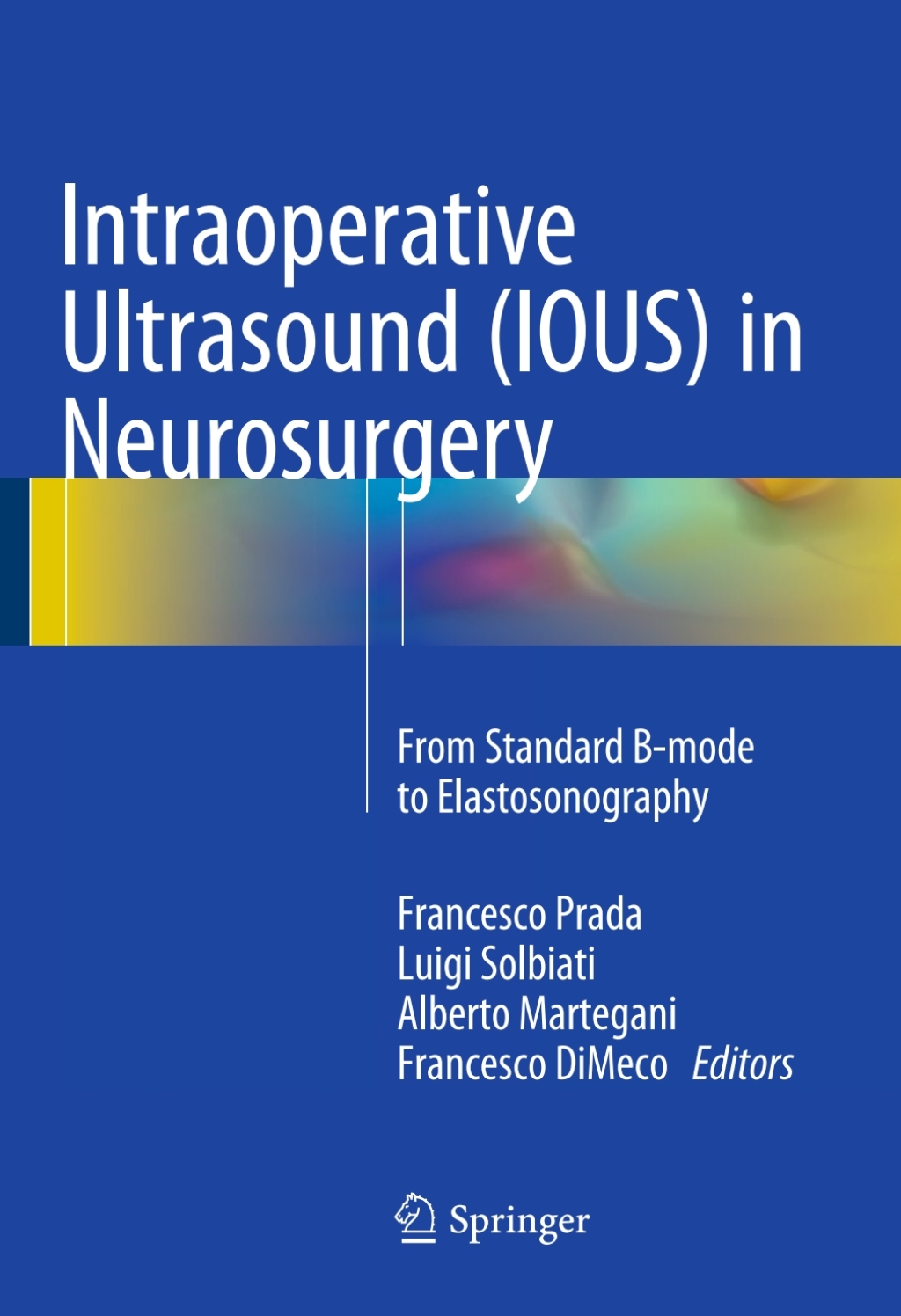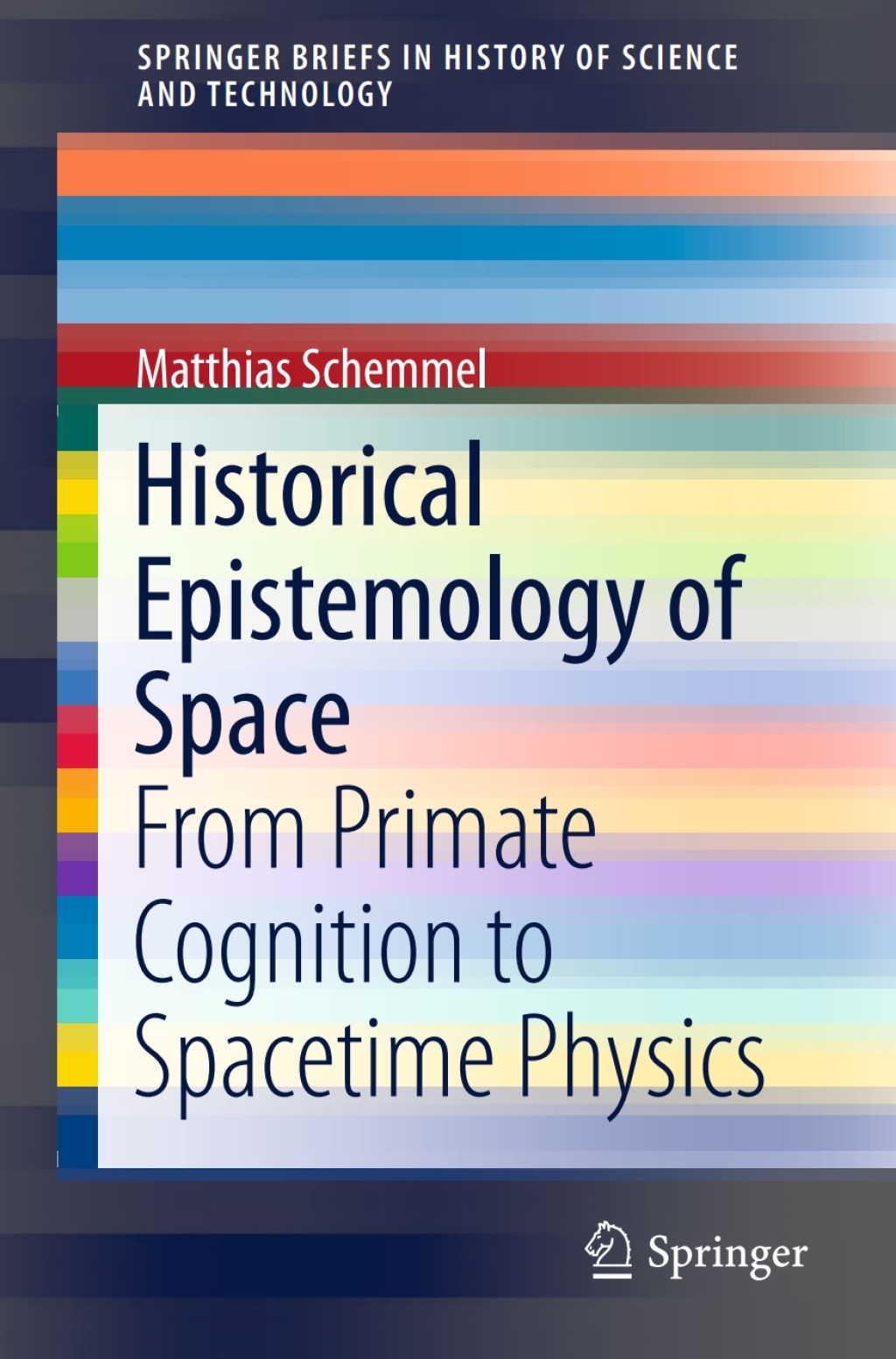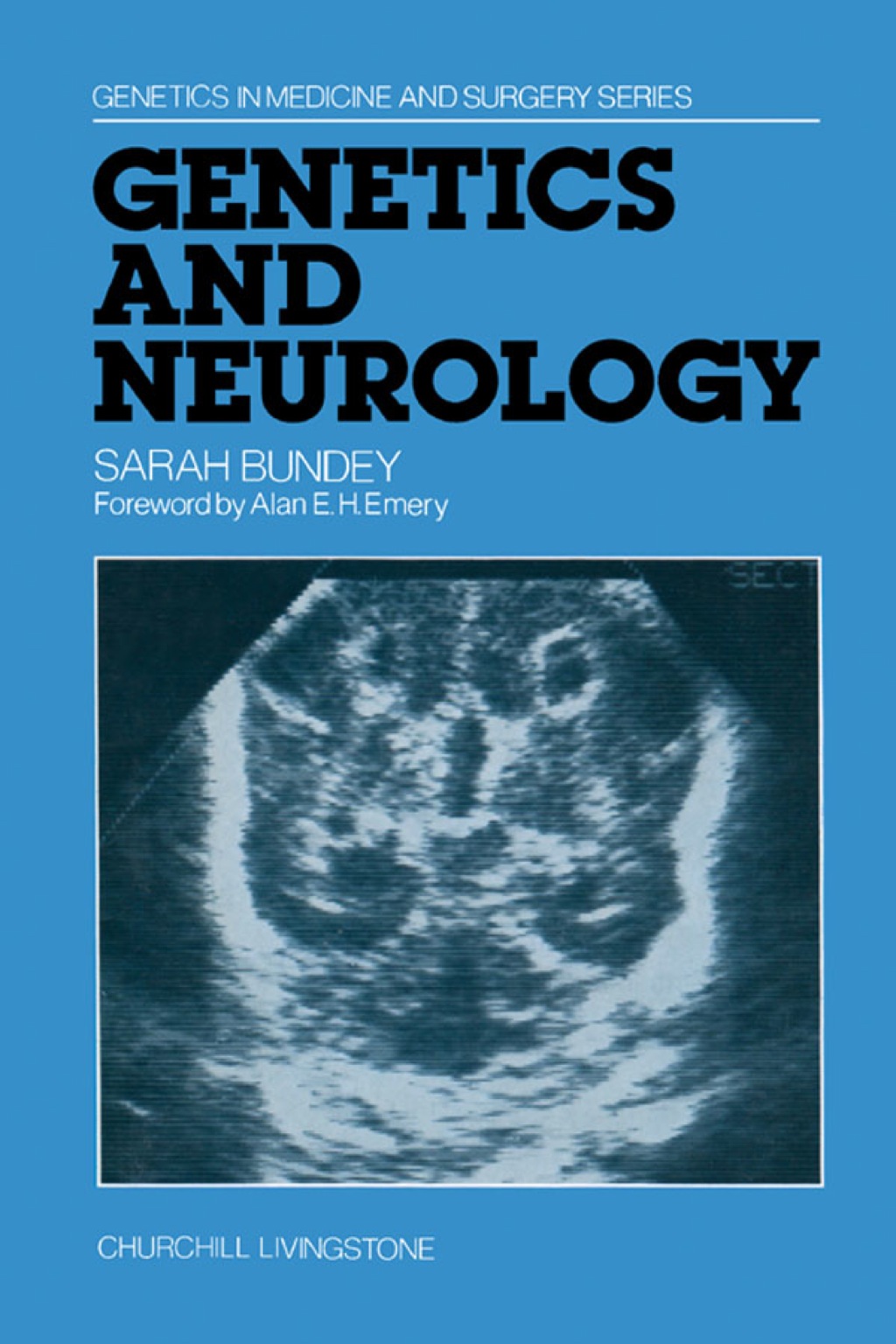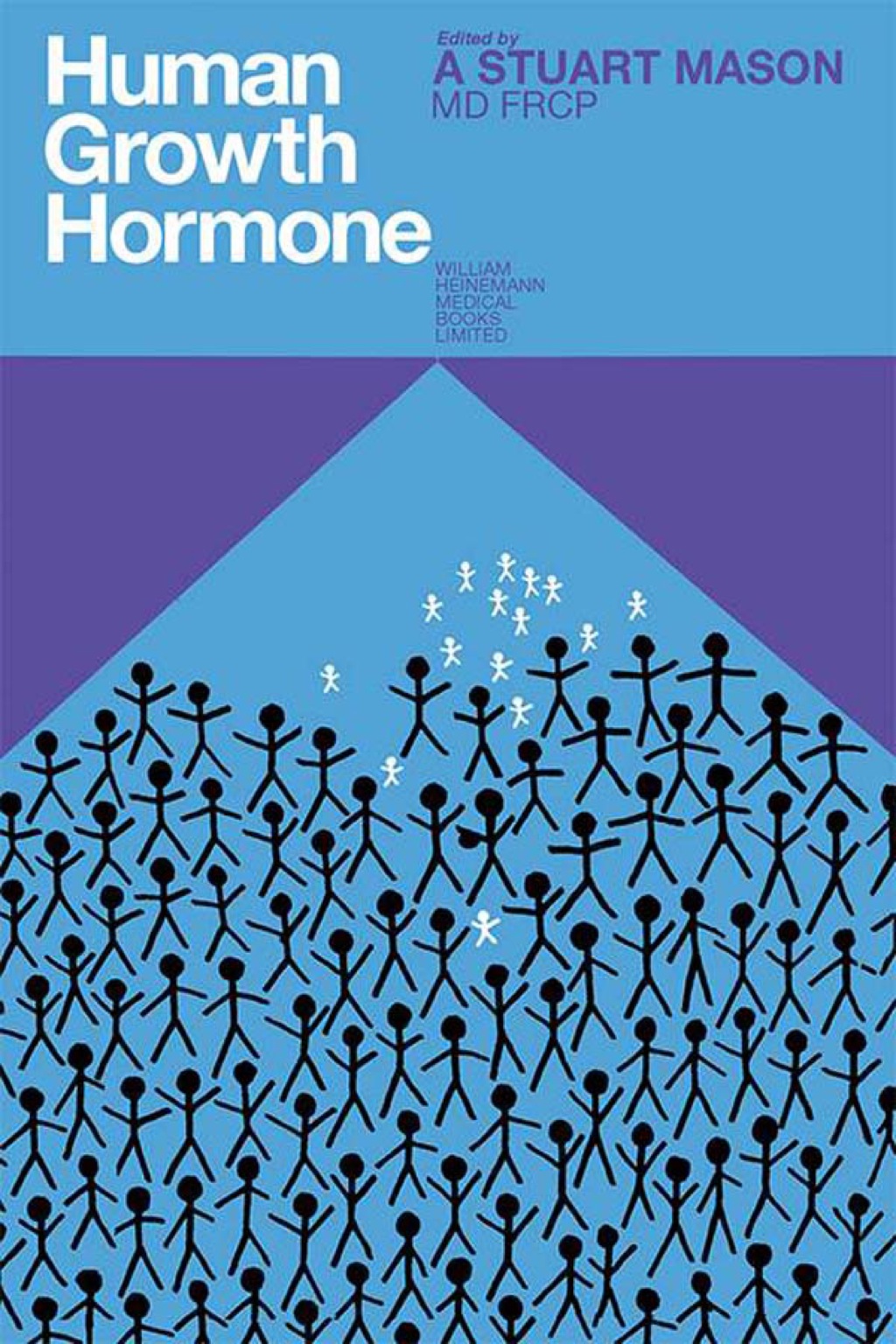Historical Epistemology of Space From Primate Cognition to Spacetime Physics
Author(s): Matthias Schemmel
Publisher: Springer
ISBN: 9783319252391
Edition:
$39,99
Delivery: This can be downloaded Immediately after purchasing.
Version: Only PDF Version.
Compatible Devices: Can be read on any device (Kindle, NOOK, Android/IOS devices, Windows, MAC)
Quality: High Quality. No missing contents. Printable
Recommended Software: Check here
Important: No Access Code
Description
This monograph investigates the development of human spatial knowledge by analyzing its elementary structures and studying how it is further shaped by various societal conditions. By taking a thoroughly historical perspective on knowledge and integrating results from various disciplines, this work throws new light on long-standing problems in epistemology such as the relation between experience and preformed structures of cognition. What do the orientation of apes and the theory of relativity have to do with each other? Readers will learn how different forms of spatial thinking are related in a long-term history of knowledge. Scientific concepts of space such as Newton’s absolute space or Einstein’s curved spacetime are shown to be rooted in pre-scientific structures of knowledge, while at the same time enabling the integration of an ever expanding corpus of experiential knowledge. This work addresses all readers interested in questions of epistemology, in particular philosophers and historians of science. It integrates forms of spatial knowledge from disciplines including anthropology, developmental psychology and cognitive sciences, amongst others.










